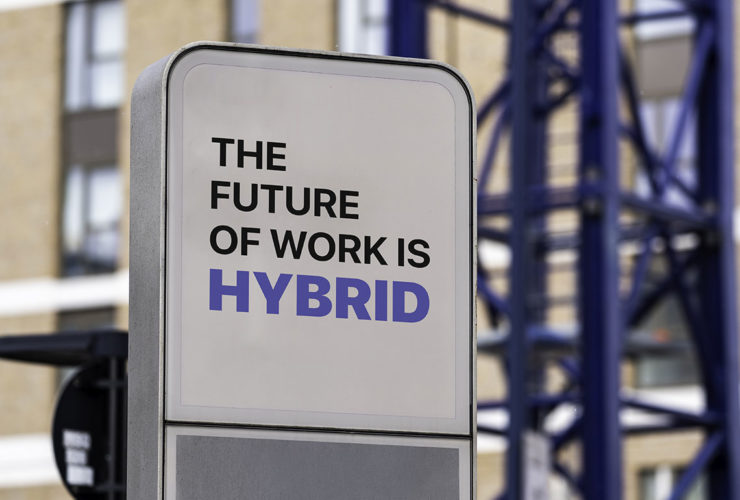Note: This is the final post in a four-post series on the biggest technical interviewing mistakes commonly made by employers.
Read the intro post to the series here.
Read about Mistake No. 1 here.
Read about Mistake No. 2 here.
Shortcuts rarely work. They’re sure a terrible idea with technical interviews. In fact, short-cutting the process is one of the three biggest common technical interviewing mistakes.
The reason short-cutting the technical interview process is such a big mistake is it spoils the results, vastly increasing the chances that you hire the wrong people. The whole goal of technical interviews, of course, is to hire the right people, those who have the necessary skills and experience to perform well at given jobs. And they are highly effective when done right—research by the University of Notre Dame found technical interviews to be more than five times more predictive of future job behavior than traditional interviews.
Shortcuts—such as not having standards for your technical interviews (e.g., not having common questions, not having common rating scale) or not using experienced technical interviewers—make your interviews far less insightful, especially for comparing candidates. So you’ll be more likely to hire the wrong candidates, a mistake that comes with tremendous costs.
SHRM has estimated that the cost of a bad hire could be as high as five times the amount of the bad hire’s salary. Assuming an average IT salary of $100,000, in IT, the cost could be $500,000 per bad hire. Bad tech hires lead to frustrated co-workers, frustrated customers, key projects not getting completed, etc.
Which companies tend to make the mistake of short-cutting the technical interview process?
Not leading technical companies like Google. They prioritize technical interviews because they know the reward is better talent.
The companies we see making this mistake often are those whose primary focus isn’t tech. Even in the banking and finance industry—the tech industry’s biggest talent competitor—companies put themselves at risk of bad hires due to flawed technical interviewing shortcuts.
The following are three of the main problems we see companies in the banking and finance industry having with technical interviews:
• Interviews have no standards. Not having common questions, common rating scale, etc., makes it difficult to identify the candidates with the best skills and experience
• Too slow moving. Delays hamper the technical interviewing process. Not only does time to fill increase, but also top candidates choose other opportunities.
• No technical interviews at all. Leave hiring decision up to hiring manager without any predictive insights from technical interviews, vastly increasing the risk of bad hires.
So don’t just perform technical interviews. Make sure you have a technical interviewing process that works, that doesn’t take shortcuts. It will make the difference between having the right tech talent, and the wrong tech talent.







